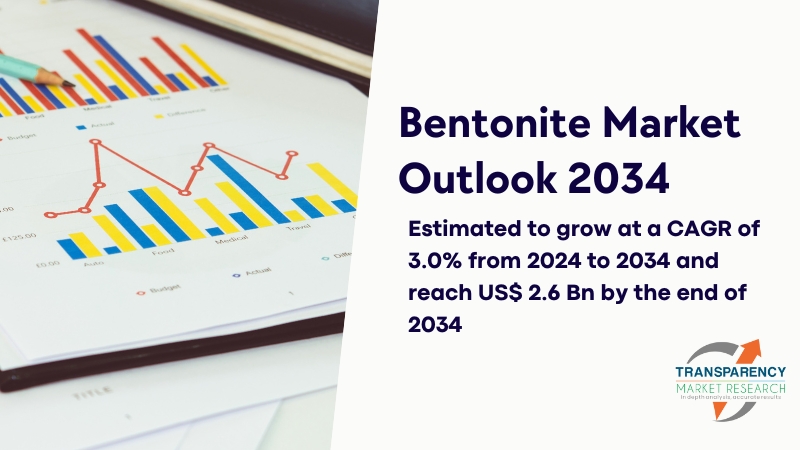
On Wednesday, the government announced an increased allocation of wheat, under the Pradhan Mantri Garib Kalyan Anna Yojana scheme. The beneficiaries under the scheme will be able to receive the food grains. Here are all the related details to the news.
The allocation is being done to stabilise the wheat prices in the market, as per the reports. According to Food Secretary Sanjiv Chopra, the allocation is expected to commence in October. He added that a committee of ministers approved the additional 35 lakh tonnes of wheat under PMGKAY, emphasizing the achievements of the current government.

It will continue till March, next year, the Food Secretary stated at a press conference. When asked whether the increased quantity would restore the wheat-rice ratio, he replied that it would still be less by a margin. He said, “It will still be 1-2 million tonnes less than the normal quantity.
” According to the earlier reports, the government had increased the allocation of rice in May 2022. At the same time, it reduced the wheat allocation from 1.82 crore tonnes to 71 lakh tonnes.
Citing last year’s 112.9 million tonnes of wheat production, Sanjeev Chopra mentioned the availability of the grain is sufficient at present. He stated, “Even as per industry estimates, this is at least 4 to 5 million tonnes more than last year.
” Speaking further he added, “Last year, actual production was 112.9 million tonnes, while government procurement was 26.6 million tonnes.
” There is no immediate plan to sell wheat under the Free Market Sale Scheme, revealed the Food Secretary. That is because of the grain’s stable prices and its products. However, the possibility of a sale under the mentioned scheme was not ruled out.
The PMGKAY was announced on March 26, 2020, by the government. It provided 5 kg of rice or wheat per person with 1 kg of preferred pulses per household, at no cost, monthly. The scheme aimed to help a reported 80 crore citizens.
.














